Master of Science in Marine Science & Oceanography
Program Faculty
| Faculty | Area of Specialization | Webpage | |
|---|---|---|---|
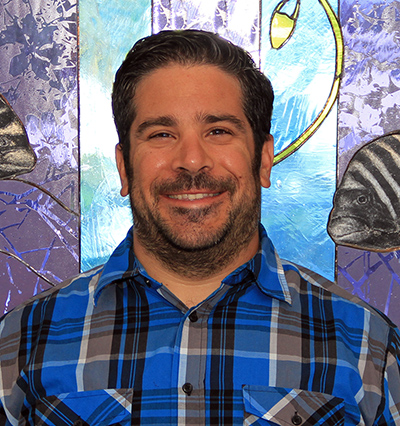
|
Dr. Matthew Ajemian | Ecology and behavior of marine and estuarine fishes, particularly fisheries species and elasmobranchs (sharks and rays). | Link |
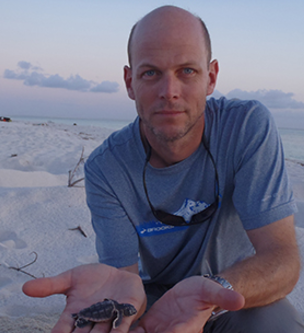
|
Dr. John Baldwin | Ecological and evolutionary processes that shape natural populations. | Link |
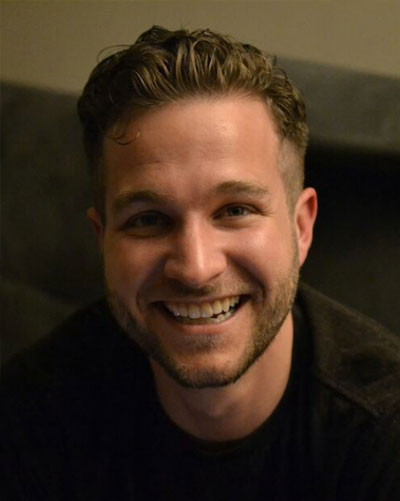
|
Dr. Jordon Beckler |
Geochemistry and Geochemical Sensing |
Link |
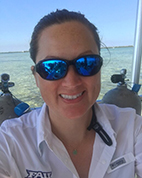
|
Rachel Brewton, Ph.D. | Marine ecology, water quality, and seagrass restoration. | Link |
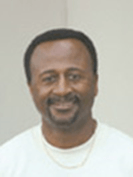
|
Dr. Randy Brooks | Behavioral/physiological ecology of marine organisms. Symbiotic associations | Link |
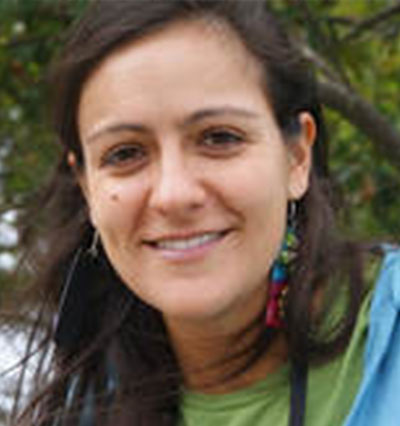
|
Dr. Andia Chaves Fonnegra | Integrative Marine and Coastal Ecology | Link |
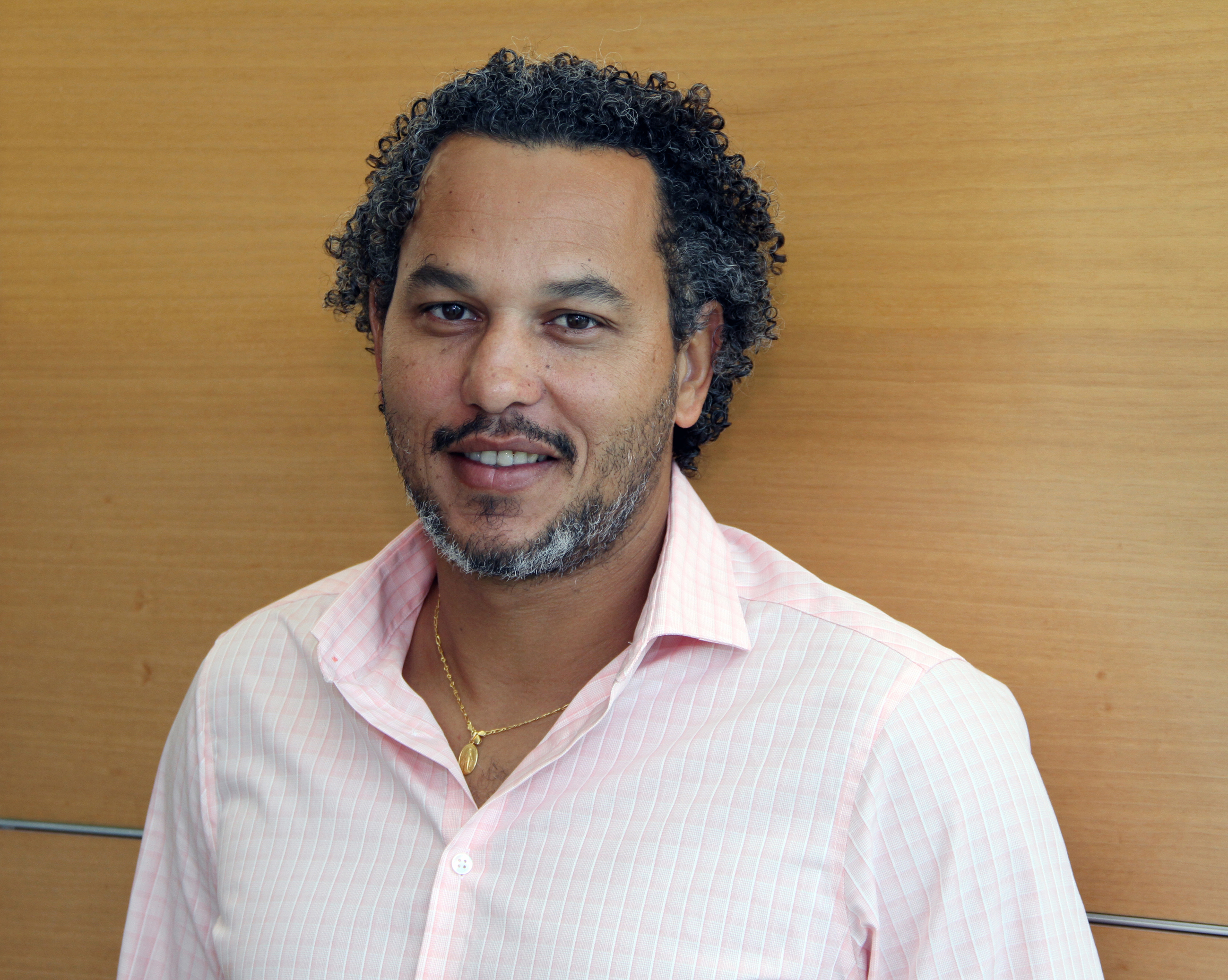
|
Dr. Laurent Cherubin | Interests are in ocean and ecosystem dynamics, and marine connectivity. Tools consist of numerical modeling and field observations using autonomous platforms such as glider and advanced aerial and underwater sensing techniques | Link |

|
Dr. Xavier Comas | Application of near-surface hydrogeophysical methods to environmental studies with emphasis in: peatlands geophysics, karst geophysics, and studies of the critical zone | Link |
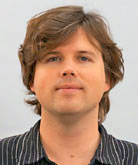
|
Dr. Erik Engeberg |
Robotics, Energy Harvesting, Sensor Design, Bioinspiration and Biomimetics |
Link |
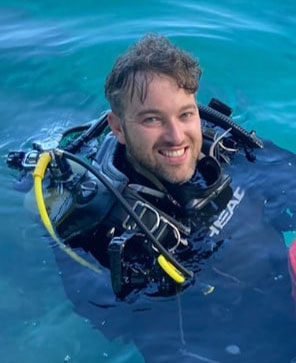
|
Dr. Carsten Grupstra | Coral Reef Ecology and Marine Microbial Ecology | Link |
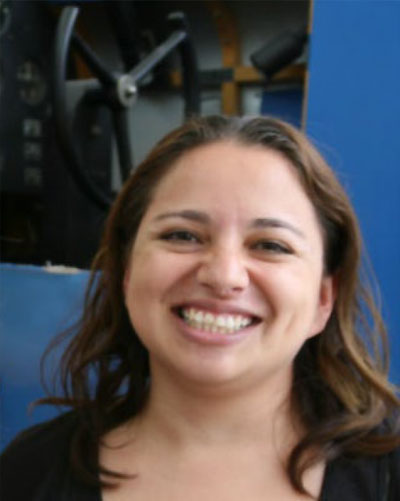
|
Dr. Esther Guzmán | The anti-tumor or anti-inflammatory activities of marine natural products isolated from sponges and corals | Link |
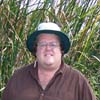
|
Dr. Tobin Hindle | Human-Environmental Interactions; Ecological Regeneration; Strategies to integrate Science, Society and Nature; Geographical Information Science | Link |
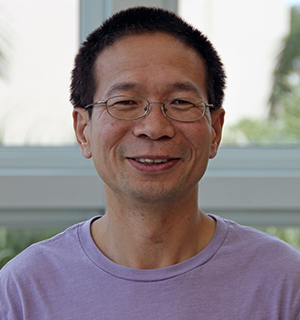
|
Dr. Mingshun Jiang | Estuarine and coastal dynamics, ocean iron and carbon cycles, water quality, ecosystem functioning, and coastal inundation | Link |
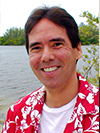
|
Dr. Stephen Kajiura | Integration of sensory biology and behavior with functional morphology primarily in the elasmobranch fishes | Link |
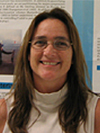
|
Dr. Marguerite Koch | Our research is on nutrient cycling and primary production in tropical marine ecosystems and stressors that influence tropical seagrass, mangrove and algal communities | Link |
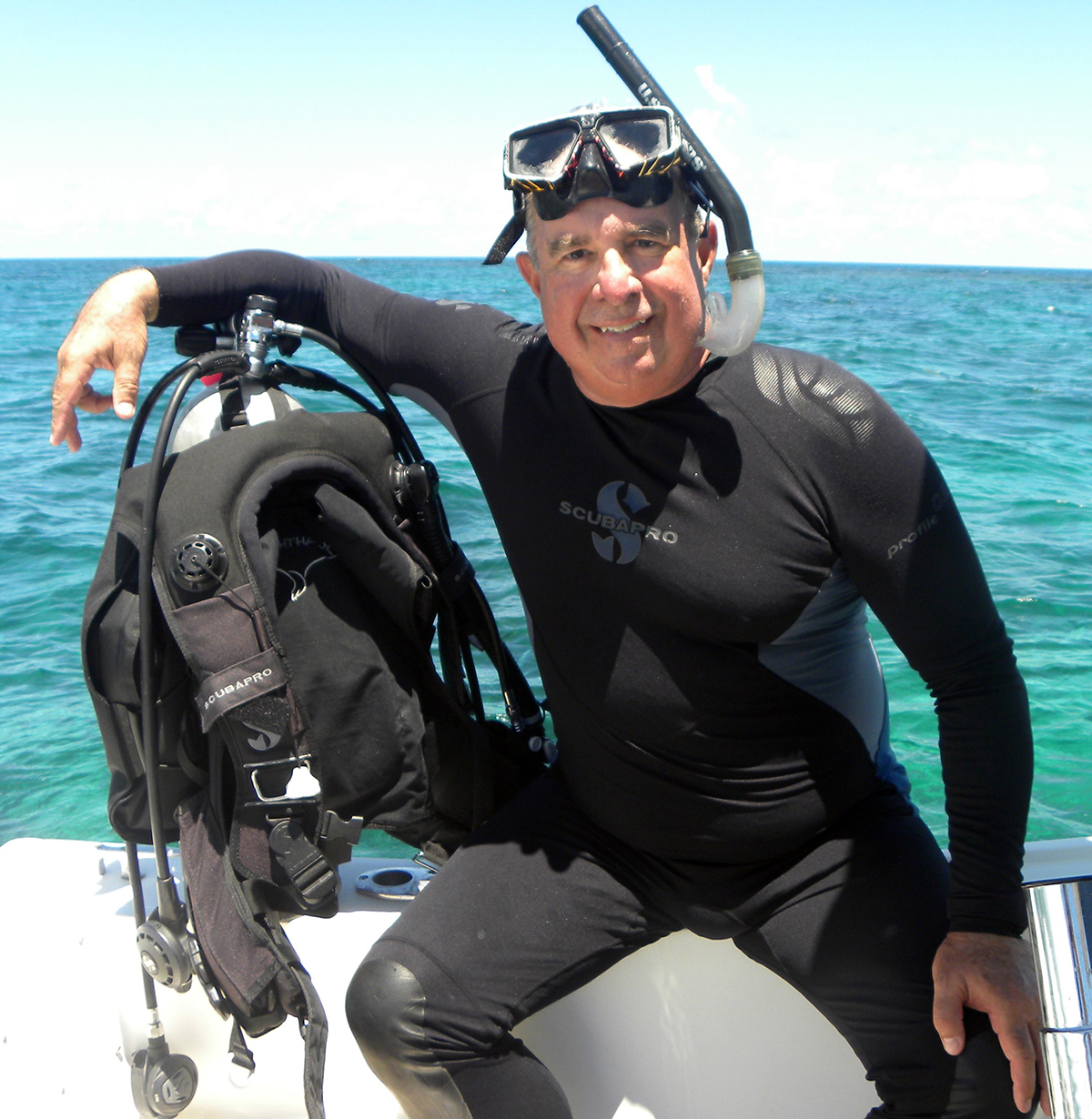
|
Dr. Brian Lapointe | Harmful algal blooms in subtropical and tropical coastal ecosystems | Link |
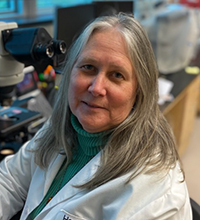
|
Dr. Susan Laramore | Aquatic animal health, crustacean and bivalve diseases, with an emphasis on viral diseases | Link |
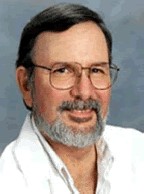
|
Dr. J. William Louda | Research centers on water quality and how that affects microalgal communities (phytoplankton, periphyton, epiphytes etc.) | Link |

|
Natalia Malina, Ph.D. | Organic contaminants in aquatic environments. | Link |
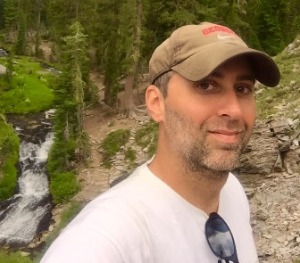
|
Dr. Scott Markwith | The processes, natural and anthropogenic, that shape the spatial patterns we see in the biosphere. My main interests span gradients from terrestrial to aquatic systems | Link |
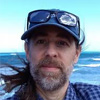
|
Dr. Malcolm McFarland |
Dynamic processes that determine the distribution, abundance and diversity of marine phytoplankton populations and communities |
|
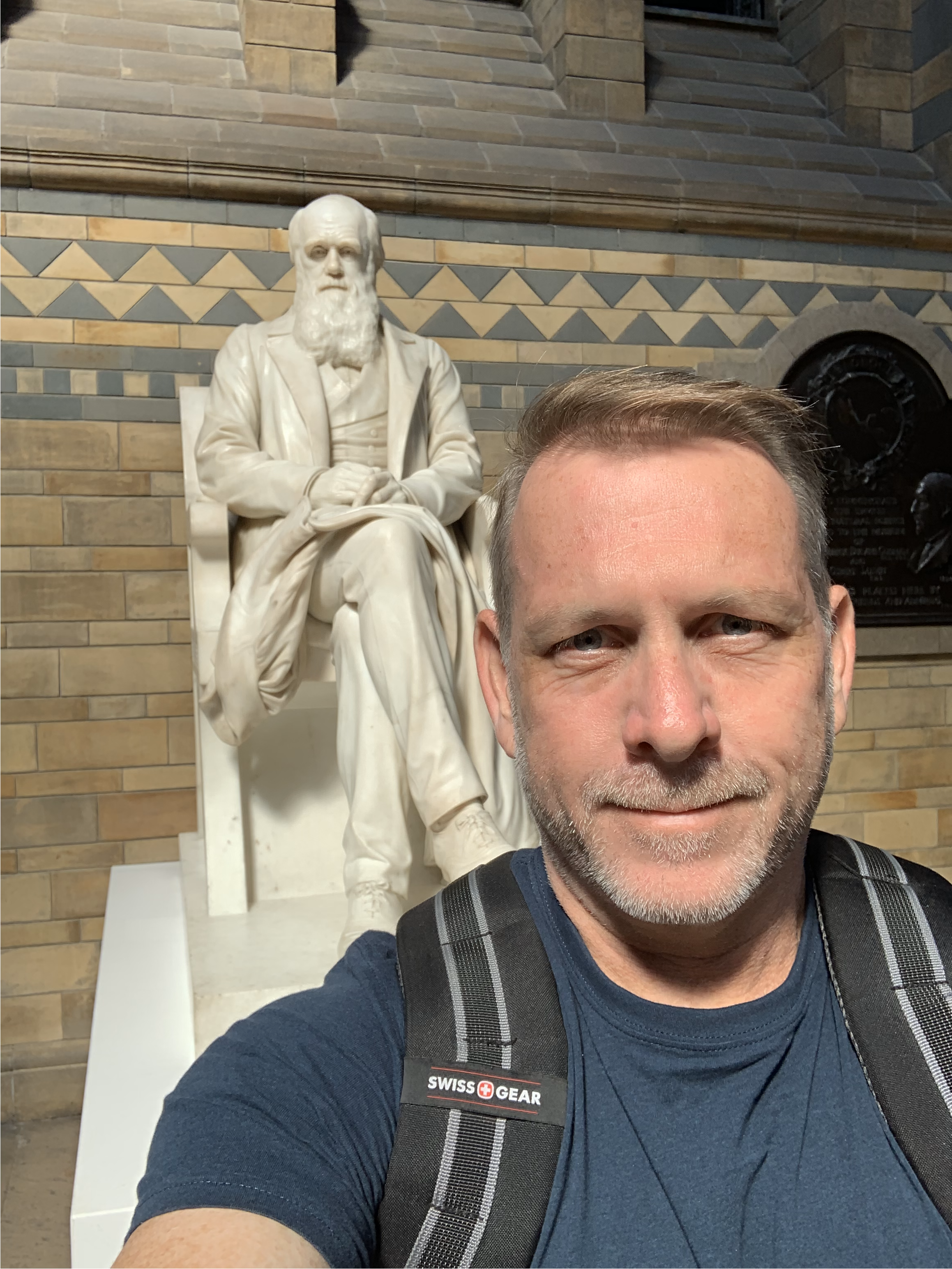
|
Dr. Mike McCoy | Population/Community Ecology of Fresh and Saltwater Organisms, Predator Ecology, Disease Ecology, Complex Life Histories, Across Ecosystem Interactions, and Quantitative Methods. | Link |
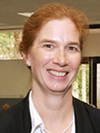
|
Dr. Sarah Milton | Physiology and conservation of sea turtles and their environment; Physiological responses to environmental stress, primarily the effects of hypoxia and anoxia on the brain | Link |
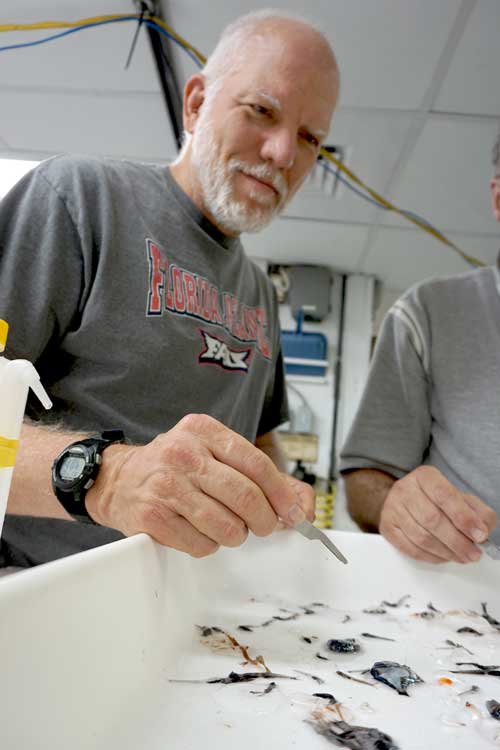
|
Dr. Jon Moore | Ecology and evolution of deep-sea fishes, both pelagic and benthic. Also worked on seamounts and other deepwater habitats. Dr. Moore also co-manages the HBOI Manatee Project. | Link |
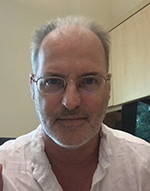
|
Dr. Tim Moore | Dr. Moore’s research focuses on the use of ocean color remote sensing for environmental monitoring and includes bio-optical algorithm development for open ocean, coastal and inland aquatic systems. Dr. Moore incorporates field work with satellite imagery, with topics covering harmful algal blooms, benthic mapping in shallow waters, water quality studies, and marine studies at regional scales around the Florida peninsula. | |
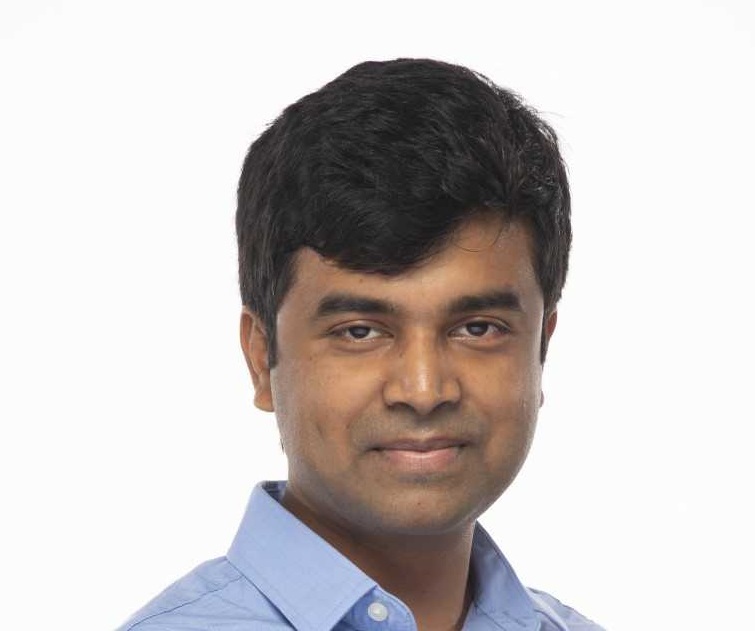
|
Dr. Aditya Nayak | Experimental fluid dynamics and oceanography, including biophysical interactions, marine particle characterization, coastal processes, and small-scale turbulence | Link |
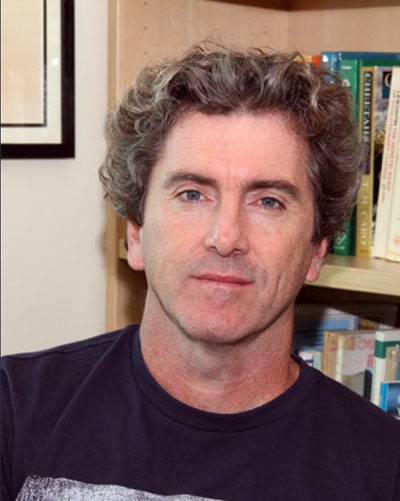
|
Dr. Gregory O’Corry-Crowe | Behavioral ecology and molecular genetics of top predators, including marine mammals. | Link |
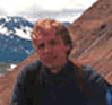
|
Dr. Anton Oleinik | Cenozoic stratigraphy, molluscan paleontology, paleobiogeography and paleoclimates of high-latitude regions | Link |
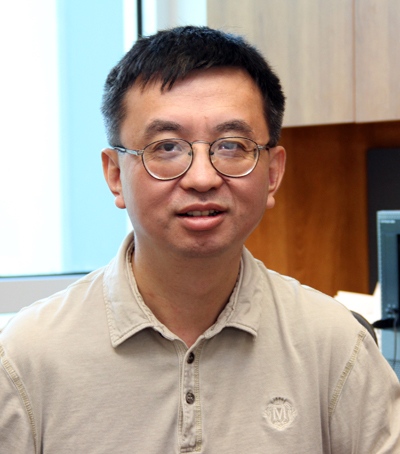
|
Dr. Bing Ouyang | Underwater laser imaging system, image and signal processing and oceanographic data analysis, visualization and management | Link |
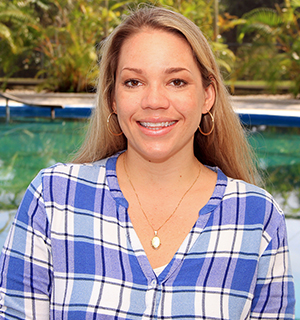
|
Dr. Annie Page | Epidemiology, pathology, and ecology of marine wildlife disease; Molecular diagnostic approaches to marine wildlife disease issues; Marine wildlife population health assessment and rehabilitation | Link |
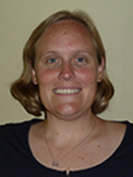
|
Dr. Marianne Porter | Comparative biomechanics and functional morphology. Research focuses on understanding the mechanics of stiff biological materials including cartilaginous vertebral column materials, mechanics, and how mechanics impact swimming speed and style. | Link |
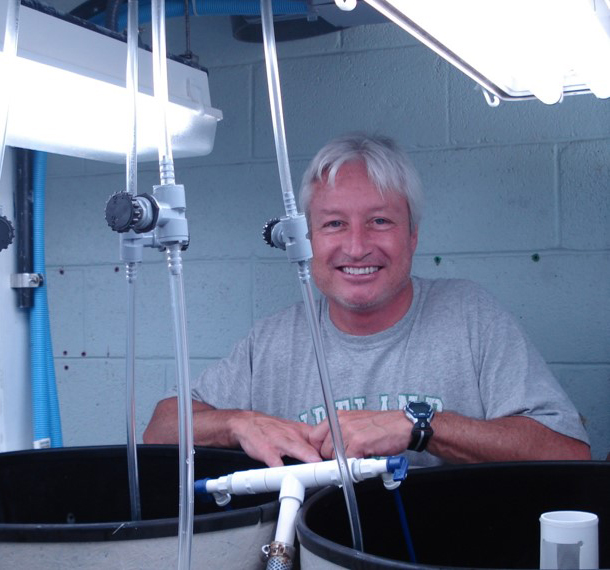
|
Dr. Marty Riche | Fish nutrition and physiology including bioenergetics, nutrient requirements and availability, and development finfish diets | Link |
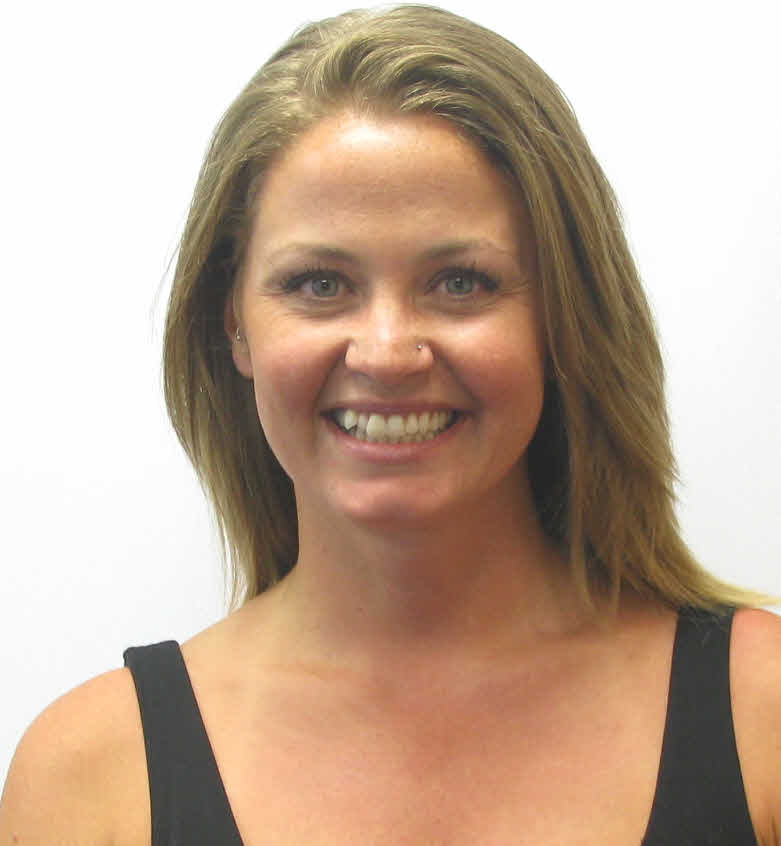
|
Dr. Tiffany Briggs | Coastal geomorphology and geology; storm impact and recovery; beach nourishment; coastal sedimentology; coastal ecosystem health | Link |
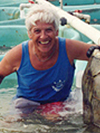
|
Dr. Mike Salmon | My work focuses primarily (but not exclusively) on marine turtles. My primary interests are in sensory biology, behavioral development, orientation, migration, biological rhythms, habitat selection, anti-predator adaptations and the management of marine turtle nesting beaches | Link |
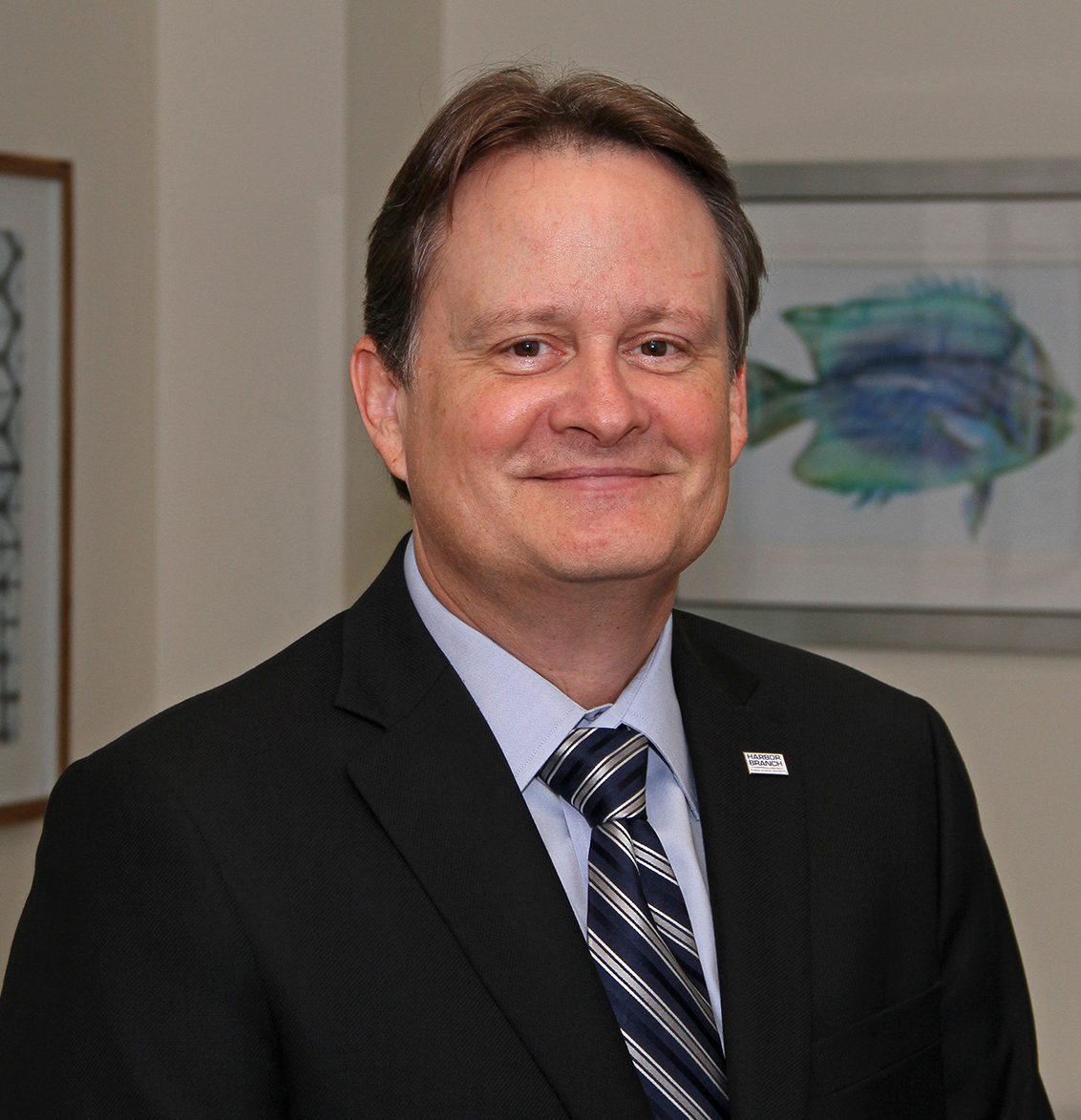
|
Dr. James Sullivan | Mechanisms controlling the spatial-temporal dynamics of phytoplankton populations, including Harmful Algal Bloom (red tide) dynamics | Link |
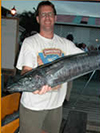
|
Dr. Tim Theisen | Population genetic structure and phylogeography of marine fishes; mechanisms affecting population distribution and gene flow in marine fishes | Link |
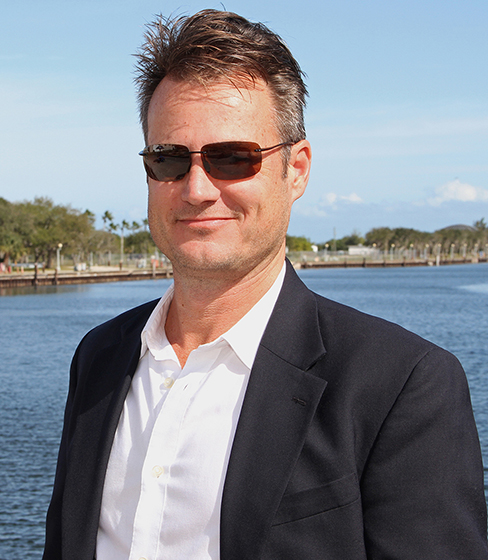
|
Dr. Mike Twardowski | Optical sensor design-development-application for environmental characterization in oceans and coastal/estuarine areas, oceanic particle field dynamics, ocean color remote sensing, active laser remote sensing, underwater imaging, long-term monitoring strategies | Link |
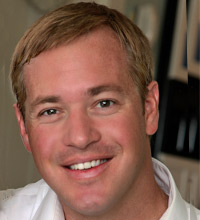
|
Dr. Joshua Voss | Coral reef ecology, marine molecular ecology, marine conservation and management | Link |
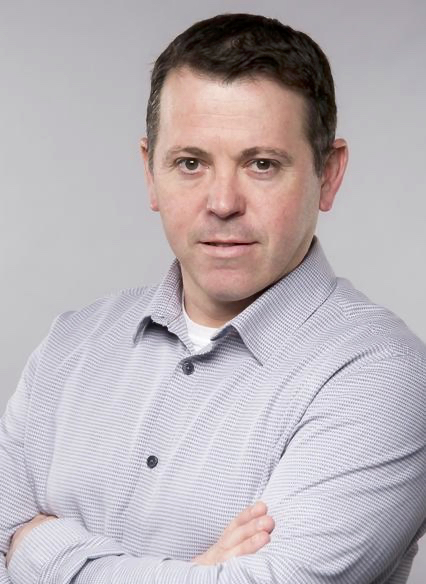
|
Dr. Lyndon West |
Discovery of pharmacologically-active metabolites from marine invertebrates |
Link |
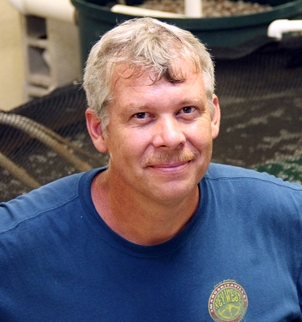
|
Dr. Paul Wills | Production of finfish for food and for sportfish enhancement | Link |
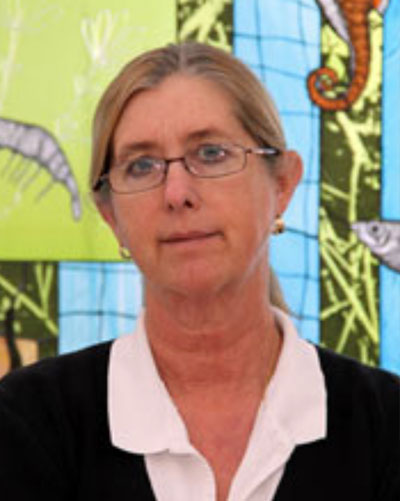
|
Dr. Amy Wright | Bioassay-guided purification and structure elucidation of novel marine natural products that may have utility in the treatment of human diseases. | Link |
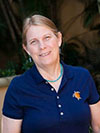
|
Dr. Jeanette Wyneken | Morphological, behavioral, and physiological analyses of behavior in sea turtles as they undergo offshore migration, and how sea turtle visual systems differ among species, and consequences on environmental change on development | Link |
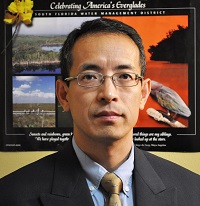
|
Dr. Zhixiao Xie | GIS, Remote Sensing, Spatial Data Analysis & Modeling | Link |
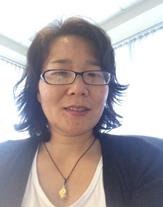
|
Dr. Caiyun Zhang | Wetland mapping, greenhouse gas fluxes estimation, permafrost terrain condition assessment, coastal disaster/damage, and inundation modeling using GIS and remote sensing products and modern AI techniques. New technique development for lidar, hyperspectral and drone image processing and analysis. | Link |

|
Yijie Zhu, Ph.D. | Environmental Science and Policy | Link |